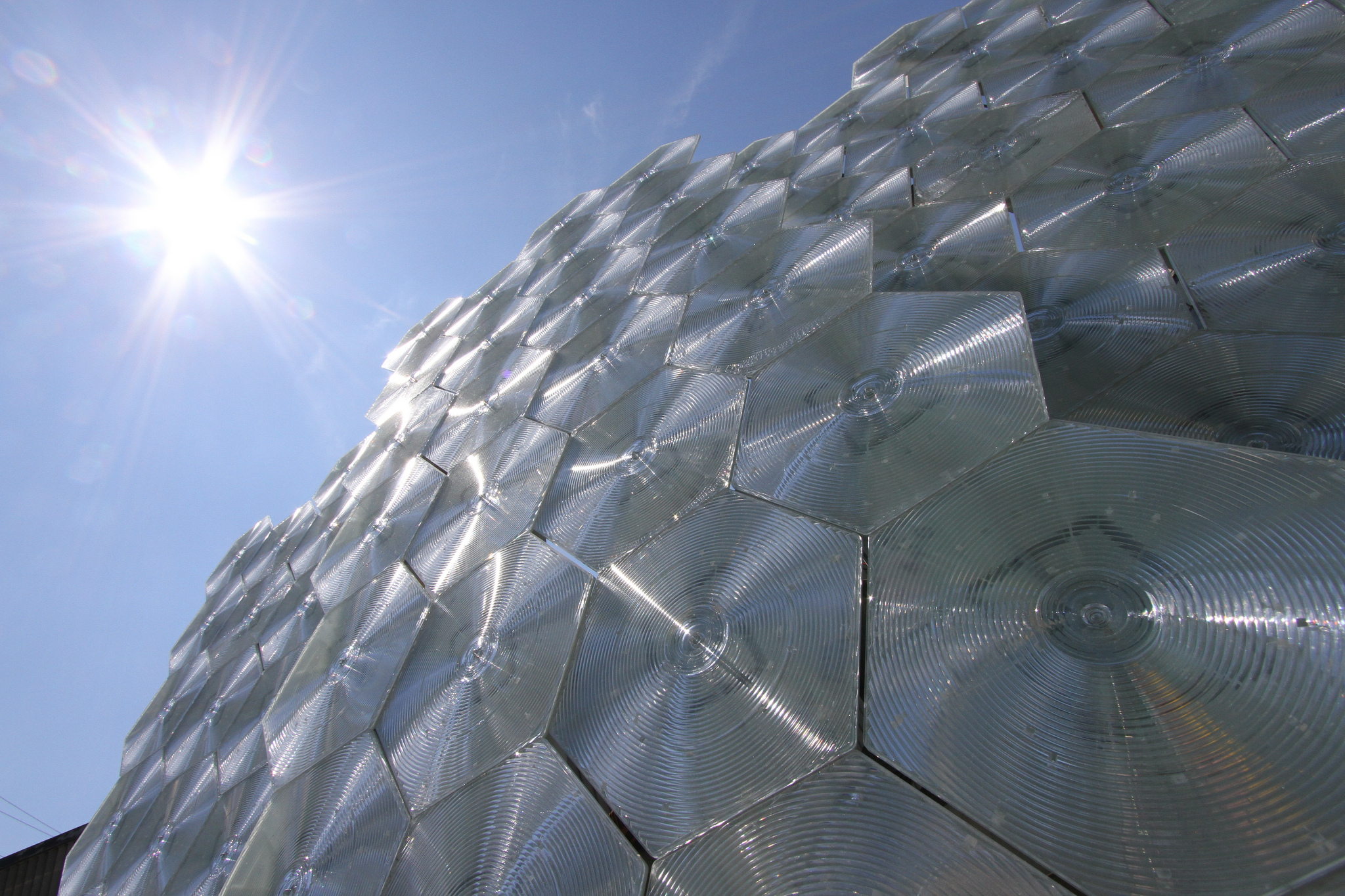Boosting European innovation after COP21: A prerequisite for a low-carbon future

Date
4 May 2016
Location
Press Club Brussels Europe, Rue Froissart 95, 1040 Brussels
Egmont – Royal Institute for International Relations and the Development Group are organising since 2012 an annual series of events related to key issues of the Energy Transition. 2016 is presented as the ‘year of the delivery’ of the Energy Union project by the European Commission and, in this regard, is an inflexion moment in the road to a low-carbon economy. Therefore, we will continue to provide more in-depth analysis and debate this year through two Energy Symposia followed by a High-Level Energy Conference in Brussels.
Great developments in history have mostly resulted from disruptive new technologies. Europe is engaged in a low-carbon transition but its pace and orderly character will depend on our capacity to innovate. COP21 is a game changer: the transition will have to happen quicker than previously expected. The Commission has just launched a public consultation on the development of the Energy Union Integrated Research, Innovation and Competitiveness Strategy with the aim of stimulating jobs creation, growth and to maintain European leadership in the transition to a low-carbon economy. These technologies should cover energy production, infrastructure, services and consumption, including among others renewable energy, storage, smart devices, carbon capture and mobility.
In view of this, the European Commission is bringing existing innovation tools to the next level. An updated European Strategic Energy Technology Plan was adopted in September 2015 as one of the main instruments to address the R&I pillar of the EU’s strategy for Energy Union. The revision of the EU Emissions Trading Scheme is supposed to provide a stable and high carbon price in the mid- and long-term, promoting investment and thus boosting innovation in low-carbon technologies. But it remains to be seen if and how the scheme will provide such incentives in a timely and effective manner. Besides these existing instruments, Europe needs to rethink the way technologies are developed and reach consumers. Technological breakthroughs should not remain locked in the laboratory: the diffusion and mainstreaming of technologies should enable the consumer to make better and well-informed choices about its energy consumption.
Please find the exhaustive report of the event here
Please find the pictures of the event here
AGENDA AND SPEAKERS’ PRESENTATIONS
09:00 – 09:15 Welcome address
Stefan RAUSCH, Project Manager Public Affairs, Development Group
Clémentine d’OULTREMONT, Senior Research Fellow, Egmont Institute
09:15 – 09:30 Keynote address: The impact of COP 21 on EU energy and innovation policies
Marie DONNELLY, Director, Dir C – Renewables, Research and Innovation, Energy Efficiency, DG Energy, European Commission
09:30 – 11:00 Session 1: How to maintain EU’s competitiveness through more innovation in the energy sector?
Chair: Clémentine d’OULTREMONT, Senior Research Fellow, Egmont Institute
Speakers:
- Jonathan GAVENTA, Director, E3G
- Michel MATHEU, Head of EU Strategy in the Public Affairs Division, Electricité de France EDF
- Bertrand DEPREZ, Vice President EU Government Affairs, Schneider Electric
Moderator: Martin PORTER, Executive Director Industrial Innovation and EU Affairs, European Climate Foundation
11:00 – 11:30 Coffee break
11:30 – 13:00 Session 2: How to speed up the development of breakthrough energy technologies into the market?
Chair: Quentin GENARD, Associate Research Fellow, Egmont Institute
Speakers:
- Harry VERHAAR, Head of Global Public & Government Affairs, PhilipsLighting
- Jonas WOLFF, Senior Energy Expert, European Investment Bank
- Alix BOLLE, EU Campaign Manager, Energy Cities
Moderator: Heinz OSSENBRINK, Head of Renewables and Energy Efficiency Unit, Institute for Energy and Transport, Joint Research Centre
13:00 – 14:00 Lunch
MANY THANKS TO OUR
Key Sponsor of the 2016 series of events

Gold Sponsor of the 1st Symposium
gh